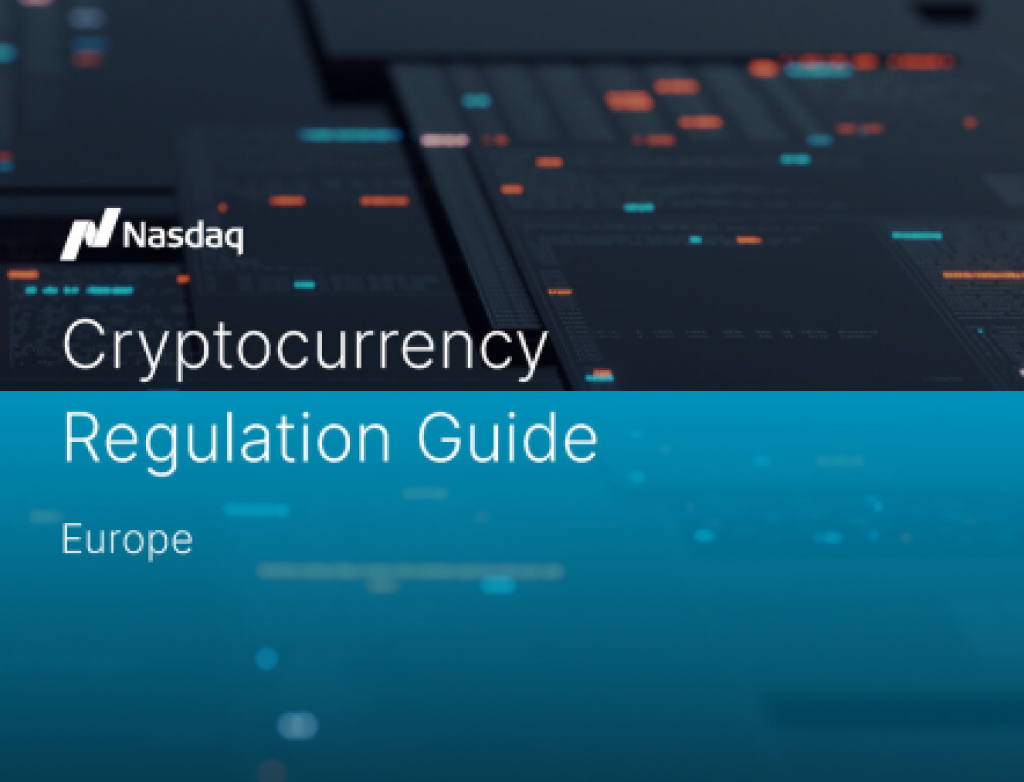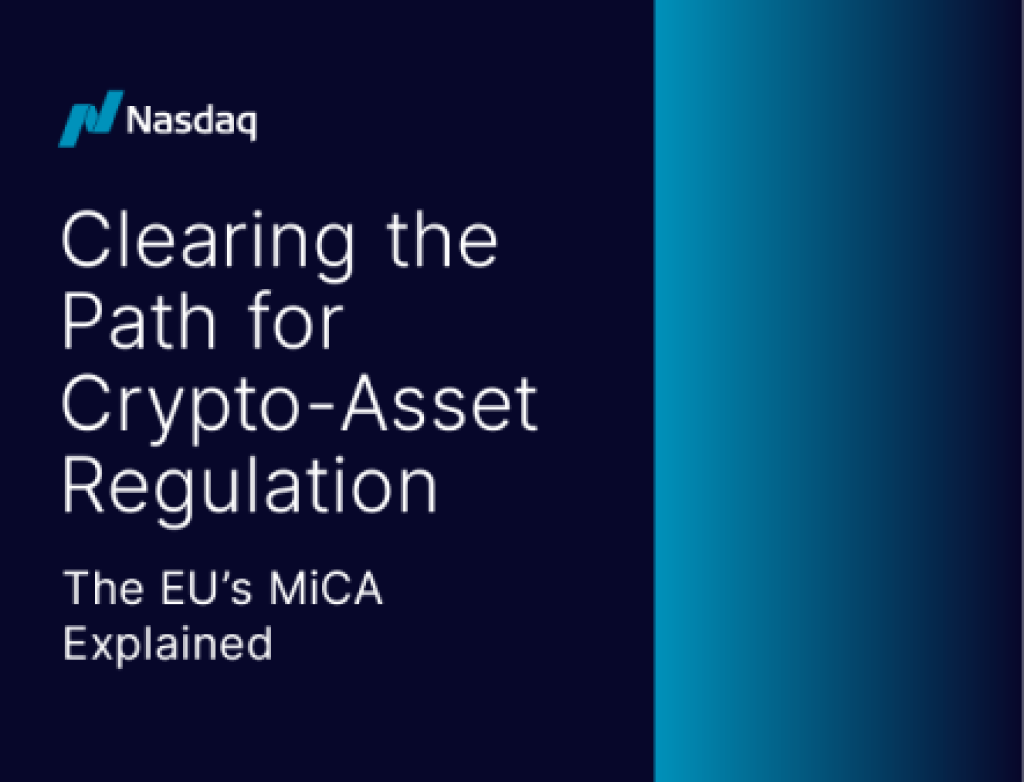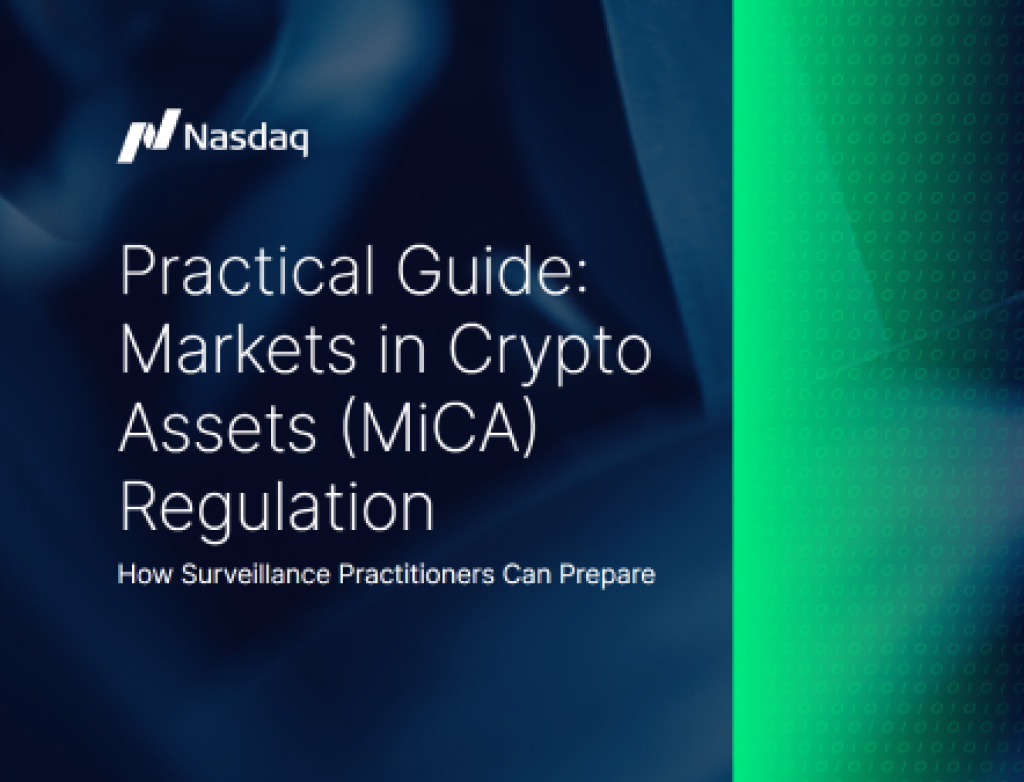Austria
The Stock Exchange Act and trading rules of Wiener Börse AG were enacted to counteract preemptive market abuse and facilitate the exposure of cases.
Overview: This law, which came into force on January 3, 2018, transposes the provisions in MAR into Austrian securities law. The trading rules of Wiener Börse AG (Vienna Stock Exchange) play an important role with regard to market abuse. Among other things, they are designed to counteract market abuse before it actually occurs and to facilitate the exposure of cases where breaches have occurred.

Regulation of cryptocurrency varies globally by region, jurisdiction, and regulatory body. Nasdaq’s comprehensive and updated Cryptocurrency Regulation Guide Europe provides a snapshot of recent recommendations from international regulatory and standards-setting bodies as well as key developments in Europe.
Read Nasdaq’s comprehensive and updated guide to learn about all the major policies of Europe that govern the regulation of crypto assets.
Please check your inbox to read the Europe Cryptocurrency Regulation Guide.

The EU recently passed the Markets in Crypto-Assets (MiCA) regulation which will go into effect in 2024. The monumental vote will set global standards for the regulation of crypto-assets. Read our paper to learn more about the articles within MiCA pertaining to market abuse.
Read our paper, Clearing the Path for Crypto-Asset Regulation: The EU’s MiCA Explained, to learn more about the articles within MiCA pertaining to market abuse.
Please check your inbox to read Clearing the Path for Crypto-Asset Regulation: The EU’s MiCA Explained.

With MiCA scheduled to go into effect in 2024, crypto-asset market participants should expect more stringent surveillance requirements once the regulation is implemented. Now is the time to implement technology and processes to monitor for market abuse, money laundering, and fraud – not only to ensure compliance, but also to protect investors, instill confidence, promote integrity, and attract clients.
Access the practical guide and uncover how to prepare for the upcoming MiCA regulation.
Please check your inbox to read Practical Guide Markets in Crypto Assets (MiCA) Regulation.